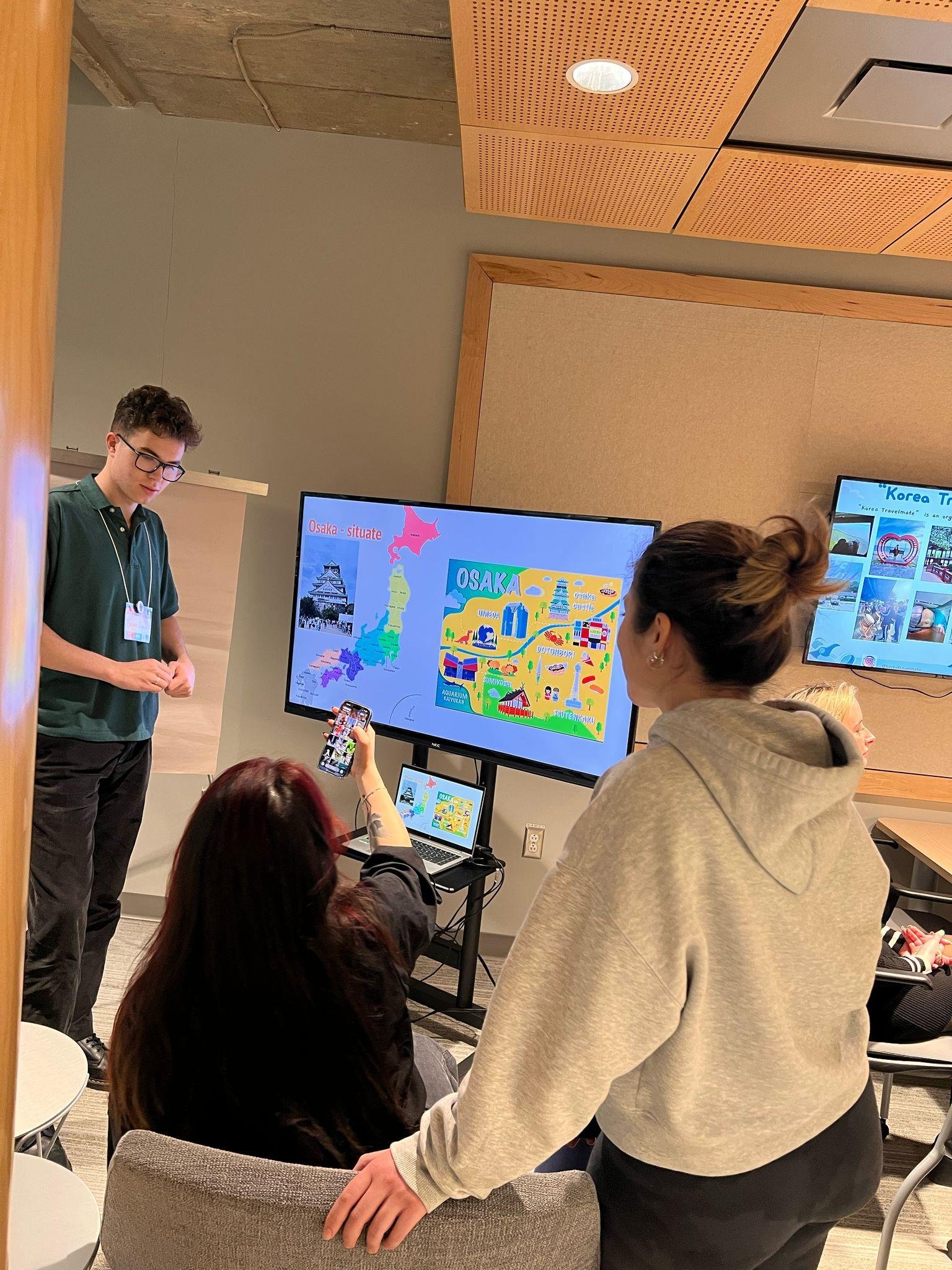Institutional Policies
- Memo to Faculty, July 27, 2023 from Madine VanderPlaat, PhD, Interim Vice-President, Academic and Research
Dear faculty,
Artificial intelligence (AI) tools for use in higher education are proliferating, and faculty are raising more and more questions about their impact on teaching, learning and research. On the one hand, many faculty want to know the implications of AI tools for academic integrity. On the other hand, there is curiosity about the potential benefits for teaching and learning.
This memo is intended to provide guidance on the ethical use of AI tools in the Saint Mary’s University context.
Across Canada, scholars are exploring the potential benefits of AI for such challenges as, for example, adapting instruction to diverse learner needs, supporting writing and editing processes, or customizing feedback on student assignments. Some faculty may wish to include AI as part of their classroom activities, and some report on its benefits for teaching proofreading skills. Individual instructors are determining the scope of ethical use of AI tools in their courses. If faculty members choose to permit the use of these tools for teaching and learning purposes, these permitted uses should be explicitly stated in assignment guidelines or course outlines. It is a collective responsibility to support student learning in meaningful ways while also protecting the integrity of academic work.
In terms of academic integrity, it is anticipated that there will be considerable variation among faculty regarding the use of AI tools in their courses. The onus is on instructors to specify clearly in their course outlines and assignment instructions how and when the use of AI tools is permissible, and what is considered as a violation of academic integrity.
It should be made clear that using ChatGPT (or other tools that generate text, code, or visual images) for content creation and submitting the results as one’s own original work is a violation of Academic Regulation 18 (undergraduate students) and Academic Regulation 33 (graduate students). Some faculty members may want to permit the use of these tools for teaching and learning purposes, as long as students declare their use of AI and do not claim AI-generated content as original work. Instructors’ permitted uses of AI tools should be explicitly stated in assignment guidelines or course outlines. Students are then responsible for knowing what is permissible or not in each of their courses, and for understanding that the norms will vary from course to course. If students violate the rules specified by an instructor for using AI tools, current Senate regulations provide the framework needed to respond to cases of academic misconduct.
We do understand that the use of AI tools for unauthorized purposes can be difficult to detect. The University does not purchase detection tools, such as Turnitin, although we understand that as quickly as new AI tools are available, others designed to detect AI-generated content are in development and potentially available. We will monitor these developments. Rather than attempting to police the use of new technology, we are focusing efforts on learning and disseminating information about how new technologies can be used in teaching and learning for improved outcomes. I am pleased that faculty leaders are sharing their experiences, and that academic support units, such as The Studio for Teaching and Learning and the Library, are engaging and collaboratively working to support faculty members. Our academic mission is best served by developing pedagogical solutions rather than stronger disciplinary measures.
Here is a list of resources and resource people who can assist faculty members and other instructors:
Web Resources
Patrick Power Library AI and Academic Integrity Guide
For One-on-One Teaching and Learning Support, email studio@smu.ca
Madine VanderPlaat, PhD
Interim Vice-President, Academic and Research
Resources
AI and Education: Guidance for Policy-makers
This UNESCO resource offers insights for policy-makers tasked with responding to the opportunities and challenges presented by AI in the field of education.










